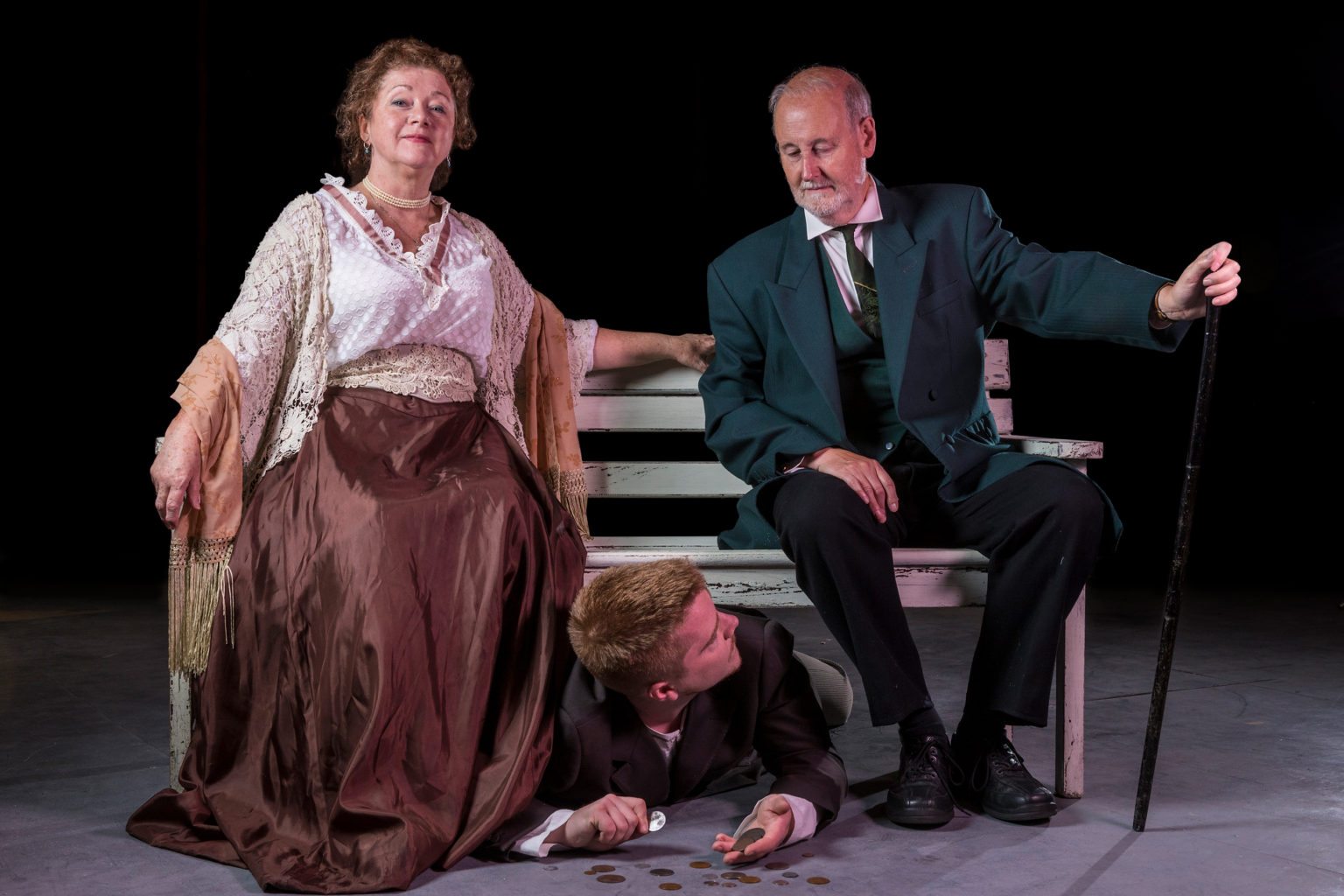Absurd, destructive and complex: The Cherry Orchard review
Anton Chekhov’s absurdist comedy The Cherry Orchard is given a modern twist in the Loft Theatre’s adaptation directed by William Wilkinson. The widely-regarded tale of the fall of the Russian aristocracy in the face of Alexander II’s emancipation of the serfs follows Lyubov Andreyevna Ranevskaya’s (Mary MacDonald) return to her ancestral estate before it is sold off at auction to pay off the family’s debts.
The play’s intertwining of absurdist comedy and family tragedy presents a difficult balance, often outweighed by nostalgia. Despite this, Wilkinson’s adaptation accomplishes a simultaneous amalgamation of Chekhov’s double-edged sword, offering bursts of comic relief so absurd that they are bound to stop any thoughts of mourning for the play’s aristocrats. Although the theatre’s claim that the production “is exactly as Chekhov described it, a comedy with moments of pure farce” might be a slight amplification, the portrayals of Yepikhodov (Mike Santos) and Yasha (Connor Bailey) in particular enable the production to stray from the poignant sentimentality often assigned to the play.
Even though the setting of the rural 19th century Russian province is far removed from the vibrant streets of Leamington, the adaptation engineers a remarkable cultural translation
Even though the setting of the rural 19th century Russian province is far removed from the vibrant streets of Leamington, the adaptation engineers a remarkable cultural translation with the use of accents to signify the characters’ class status. The aristocracy’s received pronunciation is greatly contrasted by Lopakhin’s (Richard Terry) speech patterns, while Dunyasha (Bianca Buha) is clearly identified as an outsider, with the insightful choice of a Russian accent aiding her performance. This presents an immediate translation of cultural differences, dissolved for the modern audience from the play’s commencement. Similarly, the production modernises the concept of Chekhov’s infamous ensemble, with roles such as The Stationmaster and The Postmaster, or the guests and other servants only mentioned in passing, rather than being actively performed. This makes the play more accessible to those previously unfamiliar with the playwright, and works perfectly for the considerably small-scale cast without confusing the audience.
Wilkinson’s adaption, however, does abide by Chekhov’s fascination with Naturalism, and creates a feeling of realism that entices the audience to get lost in the play’s setting. Although done very well, this sometimes falls short, with scenes such as Dunyasha’s breaking of a saucer puncturing the Naturalistic barrier and reminding the audience of its fictional nature. Similarly, Dunyasha’s implied dramatic temperament seems a little over-heightened at times, fracturing the illusion of reality that the production otherwise provides.
The obliteration of a redundant orchard questions whether with rapid capitalist progress, theatre spaces are doomed to be replaced
Despite of this, the modern aspect of the adaptation continues to astound with its restructuring of conventional portrayal of characters. Especially in the case of Lopakhin, who usually perceived as selfish and greedy, here is portrayed in a sympathetic light. Richard Terry’s impressive performance brings to life another brilliant aspect of the production – despite his animated, engaging nature, Lopakhin’s character is ignored throughout the performance whenever he attempts to help Lyubov Andreyevna Ranevskaya save her estate with his suggestions to sell the orchard. This transparent interpretation enables the understanding of the failings of the aristocracy and the apparent disregard of progress that contributes to their fall.
The Loft’s production is filled with such slight additions, noticeable enough to alter the interpretations. The most impressive of example of this was the staging, which presents the walls of the house as part of the orchard. The reflections encapsulate the entire house, adding layers to the symbolic representations. More interestingly, whenever the characters refer to the orchard, they look out at the audience. This not only situates the audience as part of the action, but perhaps in a very inventive, metatheatrical way questions the fate of the threatre in a world of such fast progress. The final, dooming sounds of the orchard’s destruction may indeed suggest that in this modern adaptation, the obliteration of a redundant orchard questions whether with rapid capitalist progress, theatre spaces are doomed to be replaced.


Comments